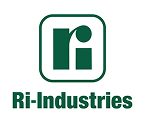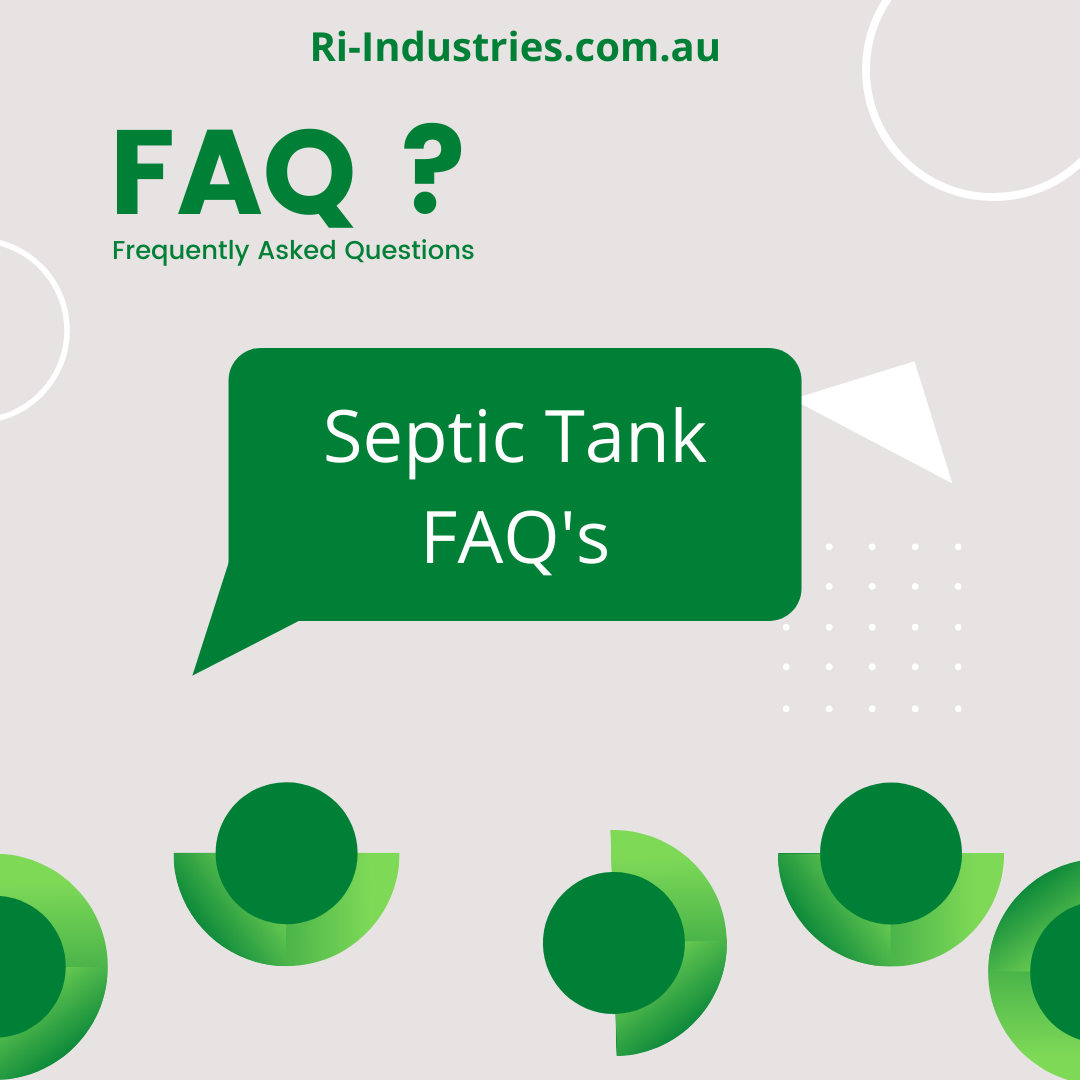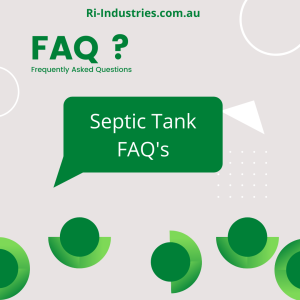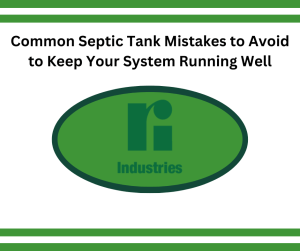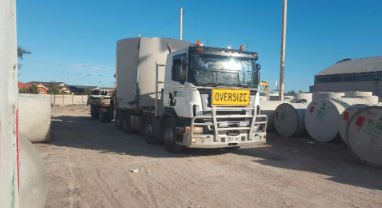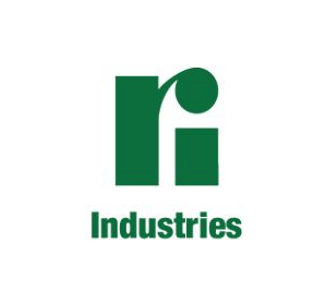Choosing the right toilet paper is more than just a comfort issue—it’s about maintaining the health of your septic tank. A septic system is a delicate ecosystem of bacteria that breaks down waste, and not all toilet papers are created equal when it comes to supporting this process. Using the wrong kind can lead to clogs, slow drainage, and expensive repairs.
How Septic Systems Work
A septic system separates solids from wastewater, allowing bacteria to break down the waste in the tank. Water and treated waste are then filtered back into the soil. Since everything flushed into the system needs to decompose properly, toilet paper plays a crucial role in maintaining its balance. If the toilet paper doesn’t break down quickly enough, it can accumulate and cause blockages.
What Makes Toilet Paper Septic-Safe?
When selecting a toilet paper for a home with a septic system, the key qualities to look for are:
- Biodegradability: Septic-safe toilet paper should break down quickly in water to avoid clogging pipes or filling up the tank.
- Strength vs. Dissolvability: While strong toilet paper is convenient, it should still dissolve easily in water. The balance between softness and dissolvability is crucial.
- Free from additives: Many scented or lotion-infused toilet papers contain chemicals that may disrupt the bacterial balance in the septic tank, making it harder for waste to break down properly.
Best Toilet Paper Brands for Septic Tanks in South Australia
There are many toilet paper types and brands suitable for septic tanks. Here is a selection:
- Quilton Toilet Paper
- Quilton is a well-known and widely available brand in Australia. Quilton’s standard 3-ply toilet paper is soft and strong, but they also offer a 2-ply variety that’s better suited for septic tanks. The 2-ply option is designed to break down faster in water, which reduces the risk of clogging and allows for a smoother operation in septic systems. It’s a good middle ground between comfort and dissolvability.
- Sorbent Toilet Paper
- Sorbent offers a hypoallergenic range of toilet paper that’s free from fragrances and dyes, making it a great option for those with septic systems. The 2-ply and 3-ply versions dissolve fairly well in water, but for the best results, the 2-ply is recommended. Its thinner sheets allow for quicker breakdown without sacrificing too much in the way of comfort.
- Who Gives A Crap Toilet Paper
- Who Gives A Crap is a popular eco-friendly brand available in South Australia that uses 100% recycled materials. This makes it a great option for septic tanks as recycled toilet paper tends to break down more quickly. Additionally, their products contain no dyes, fragrances, or lotions, which helps maintain the balance of bacteria in septic systems. Bonus: this brand is committed to sustainability and donates 50% of its profits to build toilets in developing countries.
- Pure Planet Toilet Paper
- Pure Planet is another eco-conscious brand that uses bamboo to create toilet paper. Bamboo fibers tend to dissolve quickly, making this a septic-safe choice. Like Who Gives A Crap, Pure Planet also avoids using chemicals or additives, so it won’t disrupt the natural bacteria in your tank.
- Coles and Woolworths 2-Ply
- Coles and Woolworths offer their own brand of toilet paper that’s affordable and septic-friendly. For example, the “So Soft” 2-ply variety from Coles strikes a balance between comfort and biodegradability, making it a solid option for homes with septic tanks. Being supermarket brands, these are easily accessible across South Australia.
Toilet Paper to Avoid for Septic Tanks
While it’s tempting to go for plush, ultra-soft toilet paper, many of these varieties are not ideal for septic tanks. Heavily quilted, thick, or scented varieties take much longer to break down, which can lead to blockages. Avoid 3-ply and 4-ply options, or any brand marketed as “luxury” or “super soft,” as they typically take longer to dissolve. Popular brands that should be used sparingly (or avoided) in homes with septic systems include:
- Kleenex Cottonelle: Known for its thick, quilted sheets, Cottonelle may be too dense to break down quickly in a septic tank, especially in multi-ply varieties.
- Scented or Lotioned Varieties: Any brand offering scented or infused papers may contain chemicals that disrupt the septic system’s balance.
Tips for Maintaining a Healthy Septic System
- Limit Paper Use: Even with septic-safe toilet paper, it’s a good idea to limit how much you flush at one time.
- Flush only toilet paper: Never flush wipes (even if labelled flushable), paper towels, or other items down the toilet. These do not break down properly and can cause major blockages.
- Regular Pumping: Ensure that your septic tank is pumped every 3-5 years to remove built-up sludge and prevent overflow.
Choosing the right toilet paper can make a significant difference in the longevity and efficiency of your septic system. By using toilet paper that’s designed to dissolve quickly and avoiding thick or chemical-laden varieties, you’ll help keep your septic system running smoothly for years to come.
Are you interested in learning about our concrete septic tanks? Give us a call on 08 8444 8100.
